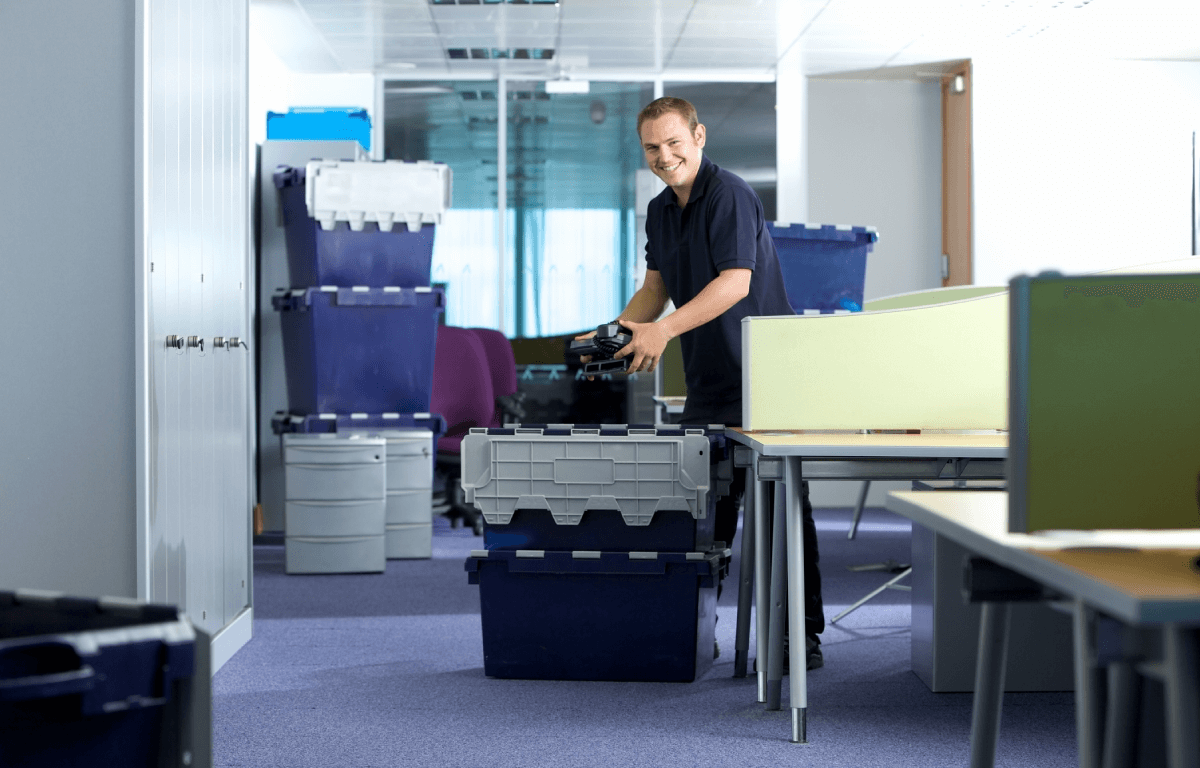Ranked 15th on the list of the world’s happiest countries, Ireland is fast becoming a favourite destination for people relocating from abroad. The Emerald Isle combines strong infrastructure, multinational companies, stunning scenery, and famous hospitality. Whether you are moving for work, study, or simply a new chapter in life, Ireland offers warm communities, excellent career opportunities, and a unique mix of modern living and rich cultural traditions.
Why should you move to Ireland?
There are plenty of reasons why expats choose Ireland. The country has a thriving job market in areas such as technology, finance, and healthcare, with global employers including Google, Pfizer, and Meta based here.
But life in Ireland is about much more than career prospects. With safe cities, dramatic coastlines, rolling green country side, and a culture built around community, it is a place where many people feel at home. English being the main language also makes it easier for newcomers to adapt compared with other EU destinations.
Visa and Residency Requirements
Before moving to Ireland, it is important to know which visa you will need.
- EU, EEA and Swiss citizens: No visa is required. you are free to live and work in Ireland.
- Non-EU citizens: A visa and often a work permit are required. Ireland uses a "stamp" system for residence permits, which defines what you are allowed to do while in the country.
Examples include:
- Stamp 2: For students entering higher education. Graduates may then be eligible to remain in Ireland for up to two years under Stamp 1G.
- Stamp 1: For those who hold a work permit, such as a Critical Skills or General Skills Employment permit.
More details can be found on the Irish Immigration Service website.
Cost of Living in Ireland
Living in Ireland is rewarding, but it is important to budget carefully given rising living costs.
- Housing: Rent is often the largest expense, especially in Dublin. A one-bedroom apartment in the capital is considerably more expensive than in smaller towns or rural areas.
- Utilities and Internet: €150–€200 per month on average for electricity, heating, and broadband.
- Groceries: A single person can expect to spend €250–€350 monthly, depending on lifestyle.
- Transport: Larger cities like Dublin, Cork, and Galway have reliable public transport. In rural areas, owning a car is often necessary. A Leap Card offers discounts on buses, trains, and the Luas tram. Students and older people benefit from reduced fares.
Salaries in sectors such as technology and finance often reflect these higher living costs.
Finding Accommodation
Securing housing can be one of the most challenging aspects of relocating to Ireland.
The rental market in cities such as Dublin, Cork, and Galway is highly competitive, so start your search as early as possible. Popular websites include Daft.ie and Rent.ie, while social media groups can also be a useful resource.
When choosing an area, consider:
- commuting times
- public transport access
- proximity to amenities such as supermarkets and healthcare facilities
Healthcare System
Ireland has both public and private healthcare options.
- Public healthcare is subsidised but not entirely free. A PPS (Personal Public Service) number is required, and waiting times can be lengthy.
- Private healthcare is widely used by expats, offering faster treatment and more hospital choice.
- If you are moving for work, check whether your employer includes health insurance as part of your benefits package.
Working in Ireland
Ireland's job market is thriving, particularly in:
- Technology
- Pharmaceuticals
- Healthcare
- Education
- Finance
Work culture values professionalism while maintaining a strong sense of work-life balance. Many companies now offer hybrid or flexible working models.
When job hunting, useful platforms include LinkedIn, IrishJobs.ie, and Glassdoor. Networking is also highly effective.
Note: Employers must sponsor work permits for non-EU citizens, and not all roles are eligible. You can check the current list of eligible roles on the Irish government’s website.
Education in Ireland
Education standards in Ireland are strong.
- Primary and secondary education: Public schools are free to attend, with only voluntary contributions.
- Higher education: Ireland is home to globally recognised universities such as Trinity College Dublin, University College Dublin, and University College Cork. Tuition fees vary depending on whether you are an EU or non-EU student.
If you are moving with family, it is advisable to research schools and universities early.
Everyday Life in Ireland
Settling into daily life involves managing some essentials:
- Banking: Opening an account requires proof of address and your visa permission/ID,
- Transport: Public transport is reliable in larger cities, but a car is often needed in smaller towns.
- Weather: Ireland's climate is mild but unpredictable. Expect rain and strong winds; Galway is even known as the "graveyard of umbrellas".
On the positive side, Ireland's cultural life is vibrant, with music, sport, pubs, and festivals providing plenty of opportunities to socialise and make connections.
Tips for settling in
To make your transition smoother:
- Register with a local GP to access healthcare.
- Apply for a PPS number to work, pay taxes, and access social services.
- Get involved in local life, join a sports club, attend traditional music sessions, or experience GAA matches.
- Build networks both socially and professionally.
Moving to Ireland is both exciting and challenging
With preparation, from understanding visa rules to budgeting, finding housing, and embracing the culture, you can set yourself up for a smooth relocation. Ireland’s welcoming spirit, career opportunities, and lively way of life make it a destination well worth considering for your next chapter.




